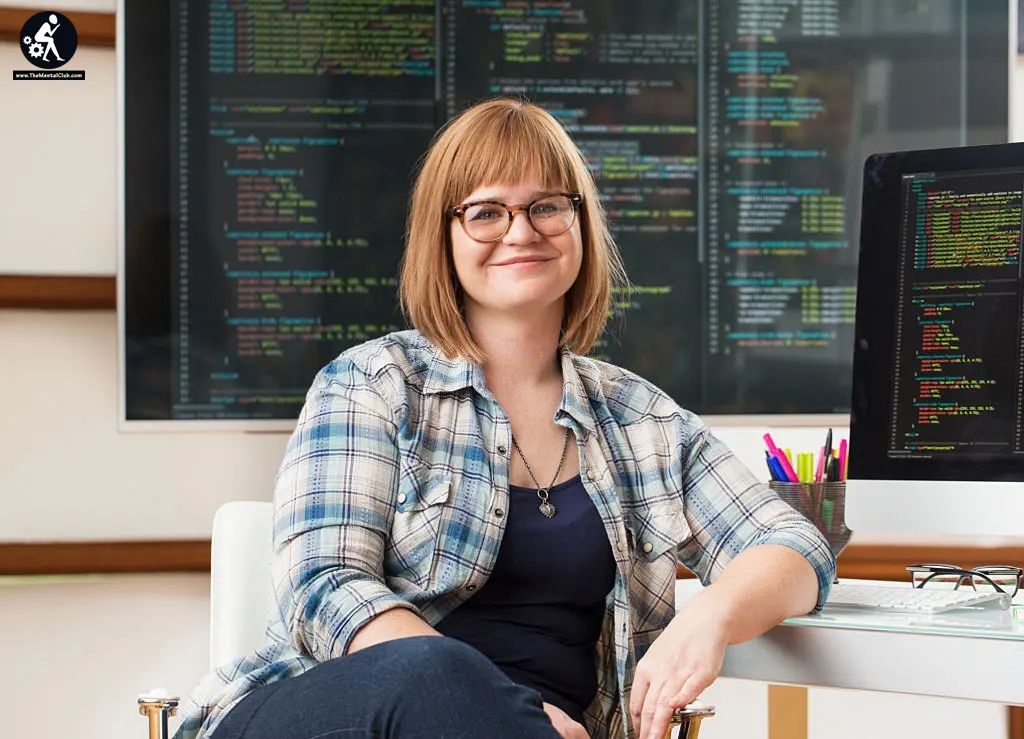Programmers think differently from other people — not to say that they are necessarily smarter, more logical, or rational than others. They used to cheat just like other students and looked for C++ homework help when they couldn’t cope with one. But not so long ago, scientists started to study the influence of programming on the brain and came up with some interesting conclusions. So how does the study of programming affect the brain? Programmers don’t just write pages of code or develop something. They have to solve complex problems, use logic, and think outside the box.
Programming activates learning centers in the brain
According to research by Dr. Janet Siegmund, one of the world’s leading experts in creating research computer programs, analyzing program code activates five areas in the brain at once.

They are associated with natural language processing, working memory, and attention.
That is, when the source code is perceived, the parts of the brain associated with language processing, memory, and attention are active, and the centers associated with mathematics and calculation are almost not involved.
When these areas are used frequently, there are more and more neural connections between them. It is like trampling a path. (Muscle memory improves on the same principle when you regularly repeat monotonous movements.) As a result, the brain responds faster to change, and we learn faster.
Activities like programming stimulate the brain. It’s a great workout for it. They improve the ability to remember information and solve problems.
Because the tasks of a programmer are complex and multifaceted, they require an apparatus to match. For example, writing a code changes the brain, increasing the neural connectivity between its different areas. There is an opinion that such a brain is more creative, better able to analyze problems, thinks logically, and learns faster.
Programming changes thinking
The very nature of a programming language undoubtedly changes the mindset of those who work with it.

Programmers need a different way of thinking to create lines of code. They take some vague concepts and turn them into something concrete and understandable — present them as a code that solves the problem. The peculiar thing about working with code is that the programmer has to take all the individual characters, not words and sentences at once, and this develops a different way of thinking.
This carries over to higher levels of thinking as well: even reading the meaning in its entirety, you can’t get bogged down in the details. When a programmer writes code, they need to act appropriately to a particular context, starting with correct syntax and proper names for everything and anything. One little mistake — and the program won’t work (or will work incorrectly).
It is not only logic and mathematics that are important in programming. You need creativity and the ability to think out of the box to create something new. This is the direction in which the thinking processes are developed.
In addition, programming teaches you to expect a catch where you can’t find it because users, and testers before them, don’t always use the application the way its creators intended. They press the wrong buttons at the wrong time, enter the wrong data, and so on. This is probably why a true programmer always looks both ways before crossing the road, even if it is a one-way road.
Programming improves memory and cognitive skills
Studies have proven that activities that require significant mental effort, such as programming, help fight memory loss and improve brain health.

Programming meets all the criteria for a thinking activity that actually improves the brain:
- it is an intense cognitive activity;
- it is an intellectually demanding activity;
- It involves learning something new.
Programming involves both hemispheres, so it develops the brain holistically. It strengthens cognitive abilities, which are responsible for learning, overcoming intellectual difficulties, and remembering information.
Programming shapes our way of thinking and lays down mental models

How does this happen? The important thing is the language with which you began your acquaintance with programming. This could be any language, including outdated Basic or Pascal.
But in any case, the idioms of the first programming language strongly influence the vision of structures, the construction of a logic tree, the construction of algorithms, and so on.
There is also an opinion that mastering two programming languages at the same level is almost impossible. One of them will always be native, and the second, third, and all the others will be additional.
No matter how many memes and jokes there are on the Internet about the peculiar way of thinking of people working with code, programming disciplines thinking, teaches planning, attention to detail, and being self-critical. Scientists will continue studying the influence of programming on human brains and plan on using their findings to change the way we teach programming nowadays and how it can be used in other spheres.

































